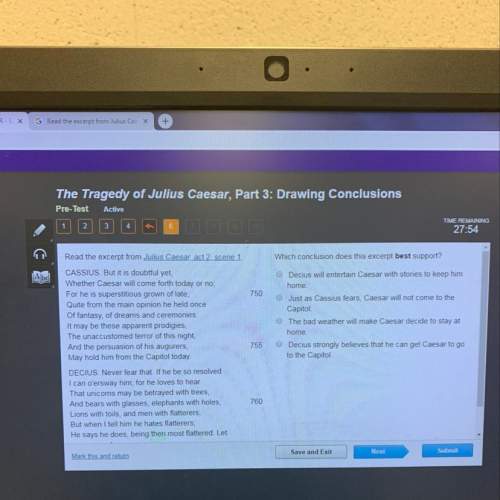
THE MATCH
There never was a time when the world was without fire, but there was a time when men did not know how to kindle fire; and after they learned how to kindle one, it was a long, long time before they learned how to kindle one easily. In these days we can kindle a fire without any trouble, because we can easily get a match; but we must remember that the match is one of the most wonderful things in the world, and that it took men thousands of years to learn how to make one. Let us learn the history of this familiar little object, the match.
Fire was first given to man by nature itself. When a forest is set on fire by cinders from a neighboring volcano, or when a tree is set ablaze by a thunderbolt, we may say that nature strikes a match. In the early history of the world, nature had to kindle all the fires, for man by his own effort was unable to produce a spark. The first method, then, of getting fire for use was to light sticks of wood at a flame kindled by nature—by a volcano, perhaps, or by a stroke of lightning. These firebrands were carried to the home and used in kindling the fires there. The fire secured in this way was carefully guarded and was kept burning as long as possible. But the flame, however faithfully watched, would sometimes be extinguished. A sudden gust of wind or a sudden shower would put it out. Then a new firebrand would have to be secured, and this often meant a long journey and a deal of trouble.
In 1827, John Walker, a druggist in a small English town, tipped a splint with sulphur, chlorate of potash, and sulphid of antimony, and rubbed it on sandpaper, and it burst into flame. The druggist had discovered the first friction-chemical match, the kind we use to-day. It is called friction-chemical because it is made by mixing certain chemicals together and rubbing them. Although Walker's match did not require the bottle of acid, nevertheless it was not a good one. It could be lighted only by hard rubbing, and it sputtered and threw fire in all directions. In a few years, however, phosphorus was substituted on the tip for antimony, and the change worked wonders. The match could now be lighted with very little rubbing, and it was no longer necessary to have sandpaper upon which to rub it. It would ignite when rubbed on any dry surface, and there was no longer any sputtering. This was the phosphorus match, the match with which we are so familiar.
Which line from the text shows the problem with the first matches? (5 points)
A sudden gust of wind or a sudden shower would put it out.
It could be lighted only by hard rubbing, and it sputtered and threw fire in all directions.
It is called friction-chemical because it is made by mixing certain chemicals together and rubbing them.
But the flame, however faithfully watched, would sometimes be extinguished.

Answers: 2


Another question on English

English, 22.06.2019 03:50
The triumph of night, toward the end if the story , starting on page 5 faxon encounters a man in furs whta function does fcxons interaction with this character serve?
Answers: 1

English, 22.06.2019 04:00
How does the author characterize theseus in the story? cite evidence from the text in your response
Answers: 2

English, 22.06.2019 07:30
Critical reading what do you think keats means in these lines from "when i have fears that i may cease to be"? i may never live to trace / their shadows, with the magic hand of chance a. i may never live to paint pictures of them. b. i may never have a chance to look at them again. c. i may never leave the shadows as long as i live. d. i may never live to write about them. select the best answer from the choices provided
Answers: 1

English, 22.06.2019 10:00
Drag each label to the correct location. in "sinners in the hands of an angry god," jonathan edwards compares a number of different items to either nonbelievers or to the wrath of god. match each item to one of these categories. bow storm falling rock rough wind spider chaff reset next
Answers: 2
You know the right answer?
THE MATCH
There never was a time when the world was without fire, but there was a time when men did...
Questions

Geography, 18.09.2020 19:01

Mathematics, 18.09.2020 19:01

Social Studies, 18.09.2020 19:01

Mathematics, 18.09.2020 19:01

Mathematics, 18.09.2020 19:01

Mathematics, 18.09.2020 19:01

Mathematics, 18.09.2020 19:01

Mathematics, 18.09.2020 19:01

Mathematics, 18.09.2020 19:01

Mathematics, 18.09.2020 19:01

Mathematics, 18.09.2020 19:01

Mathematics, 18.09.2020 19:01

Mathematics, 18.09.2020 19:01

Mathematics, 18.09.2020 19:01

Mathematics, 18.09.2020 19:01

Mathematics, 18.09.2020 19:01

Mathematics, 18.09.2020 19:01

Mathematics, 18.09.2020 19:01

Mathematics, 18.09.2020 19:01

Mathematics, 18.09.2020 19:01




